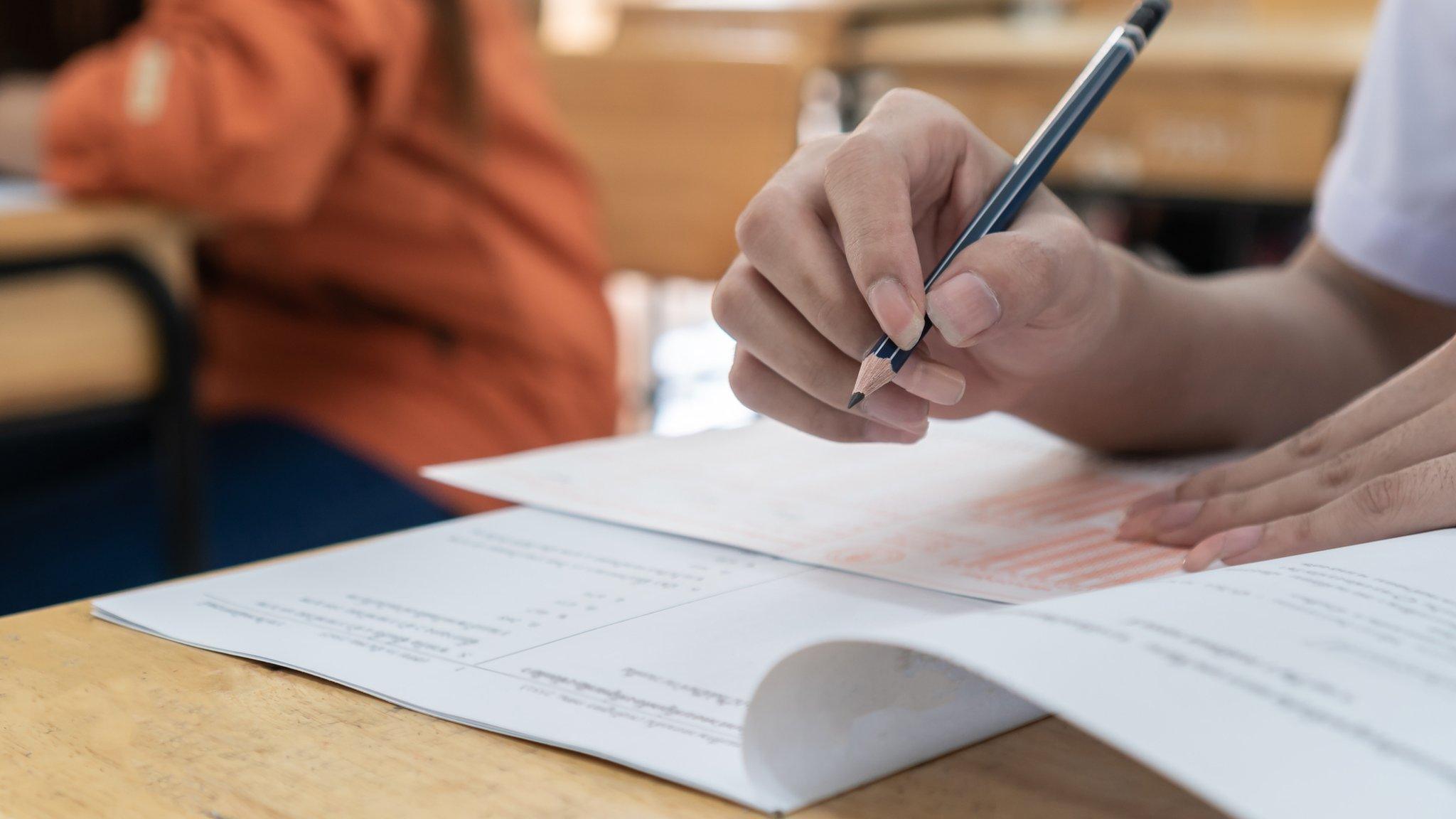Coronavirus: Timing of phase two management is 'critical'
- Published
Jeane Freeman said simple measures like hand washing could reduce caronavirus infections and help save lives
Scotland's health secretary has said "timing is critical" when moving to the second stage of coronavirus management.
The UK is currently in the containment stage, while the next phase is a delay of the peak number of cases.
There have now been 27 confirmed coronavirus cases in Scotland.
Jeane Freeman said there was "no evidence" of transmission within the community but it was expected the UK would be moved to the delay phase "relatively soon".
This could involve the closure of schools and the cancellation of large public events. People would also be encouraged to work from home and discouraged from using public transport.
Moving to the delay phase would seek to push back the peak of the epidemic to the summer.
'Simple measures save lives'
Ms Freeman said: "Timing is critical, if we take them too soon it will not have the impact we need, if we take them too late we will not reduce demand to the level required.
"It is no exaggeration to say that continuing with simple measures like hand washing and sneezing etiquette could help the reduction of the infection spread and as a result help save lives."
In a ministerial statement on Tuesday, Ms Freeman said plans to combat the spread of the virus included scaling up NHS 24, telephone consultations and bringing back retired nurses to cope with increased demand.
Ms Freeman also said the Scottish government was exploring how to temporarily register nursing and medical students who are nearing the end of their training.
She added that an investment of £1.2m would be "accelerated" to support GP video conferencing.
Ms Freeman earlier told the health and sport committee that scientists in Scotland were examining whether existing anti-viral medicines were effective against the coronavirus.
Her statement comes as travel restrictions came into effect across Italy on Tuesday.
Ms Freeman acknowledged that the public would be "looking to the situation in other countries" and questioning why the UK had not taken similar precautions.
She said: "No measure has been ruled out and the actions we take may develop over time and may be added to as we seek to manage the impact of the infection and protect life.
"If the action we take can flatten the infection curve we will give our NHS the best chance to be able to treat the sickest patients to the very best of its ability. The timing of actions guided by the scientific evidence is being tailored to have the maximum effect on flattening that infection curve."
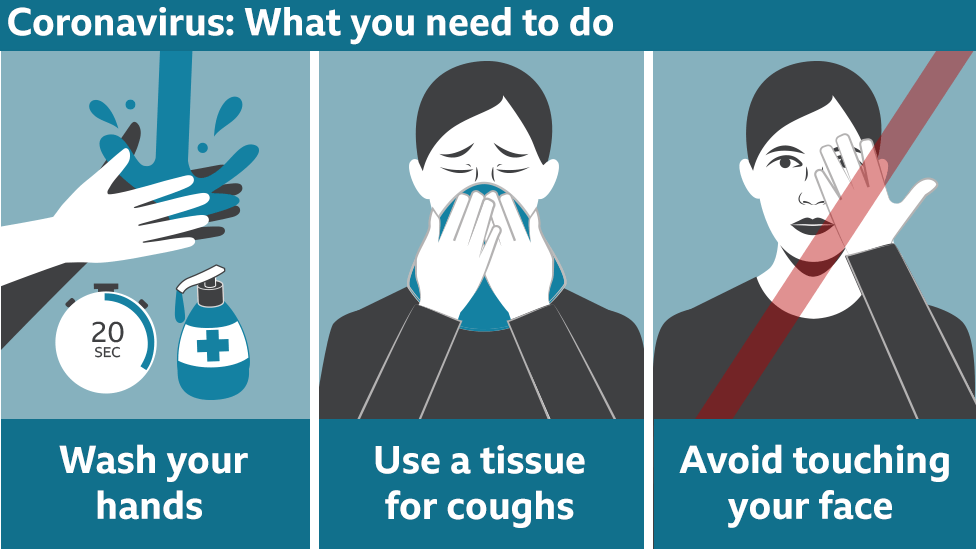
Scotland's national clinical director earlier advised against the public taking panic measures to cope with the arrival of coronavirus.
Prof Jason Leitch advised against stockpiling items like soap and urged anyone with chronic health conditions to "behave sensibly and normally".
He told BBC Radio Scotland that current advice was not to ban public gatherings in the UK.
Scotland's national clinical director: "Coronavirus is not your fault"
Prof Leitch echoed the call to follow the most up-to-date advice, particularly those who suffer from chronic health conditions.
He said: "Just know the advice for those people is to go about their business as usual. Don't panic buy. Make sure you've got your medicines in place. Make sure you have got friends and family who can look after you and know where you are."
On the subject of stockpiling, he added: "It's not only you washing your hands, you need your friends to wash their hands so you need to leave them some soap."
There have been 2,207 negative test results in Scotland so far. One of the latest positive test results was an an employee of oil giant Shell in Aberdeen.
The Scottish government issued guidance on Monday on preventing the spread of the virus in the workplace.
Many large food venues in Scotland have also said they are taking extra measures to prevent the spread of coronavirus, including the installation of additional hand sanitizer points, extra signage for customers and increased deep cleaning.
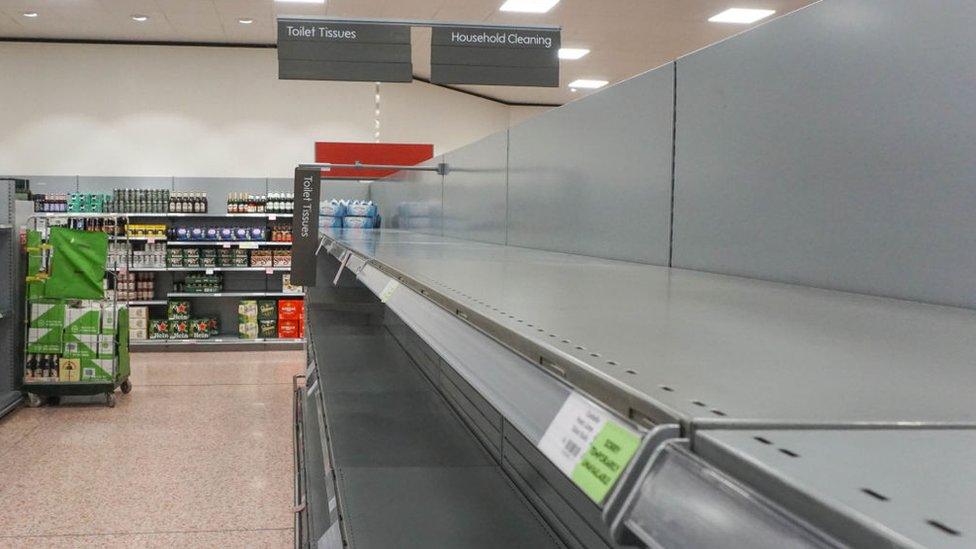
Empty shelves have been seen at some stores across the UK as members of the public stockpile toiletries
How do you treat coronavirus?
According to Prof Leitch, it is thought coronavirus has about a five-day incubation period.
At present people who go into intensive care with coronavirus are principally given help for pneumonia.
Prof Leitch said: "The reason people are sick is pneumonia and therefore you need to give their body time to recover from the pneumonia because this isn't about bacteria, you can't give it antibiotics.
"Until we get a treatment - which we may never get - then we have to support the individual to recover themselves."
Anyone who has general questions about the virus can call the Scottish government helpline, external, he added.
If people think they have possible symptoms, they should call their GP or NHS 24 , externalby dialling 111 out-of-hours. Advice is also available on the NHS Inform website., external

FOLLOW LIVE: Latest coronavirus updates
EASY STEPS: How to keep safe
A SIMPLE GUIDE: What are the symptoms?
GETTING READY: How prepared is the UK?
MAPS AND CHARTS: Visual guide to the outbreak

- Published10 March 2020
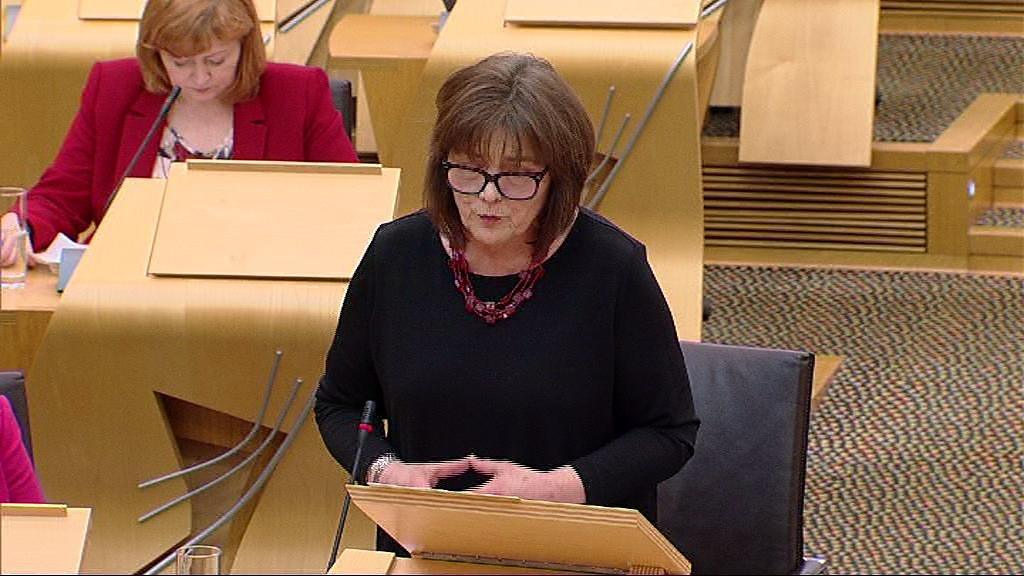
- Published10 March 2020
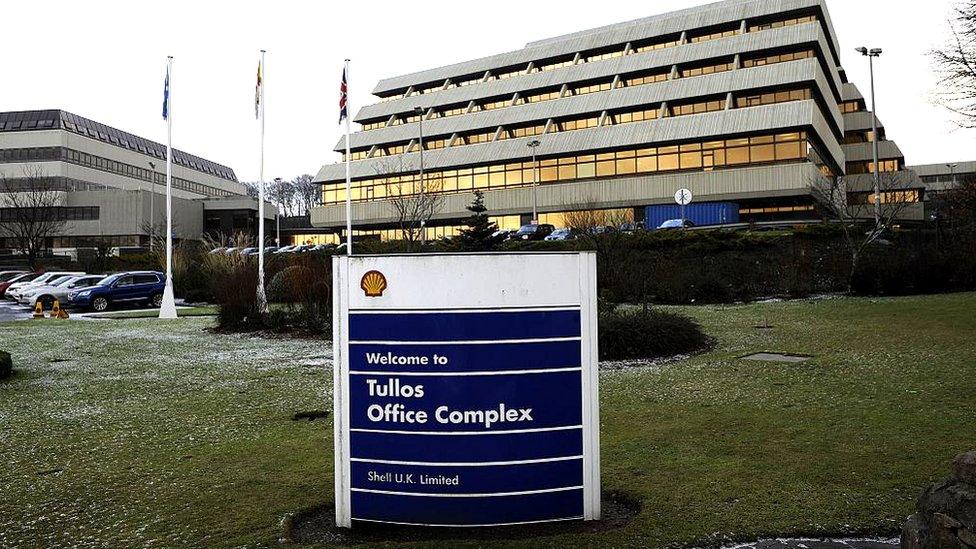
- Published10 March 2020
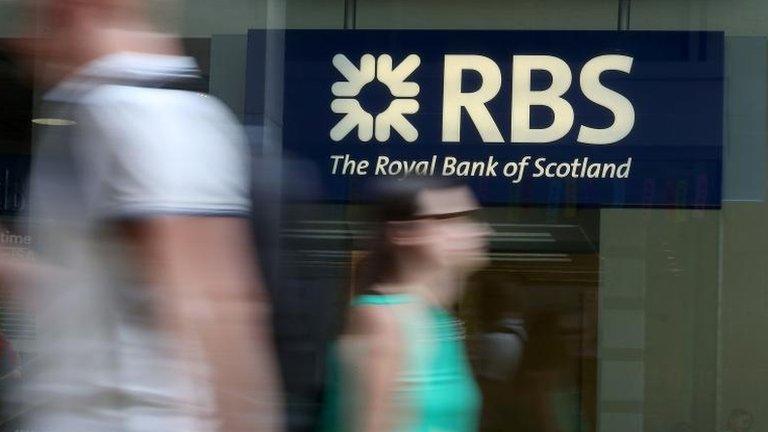
- Published10 March 2020
